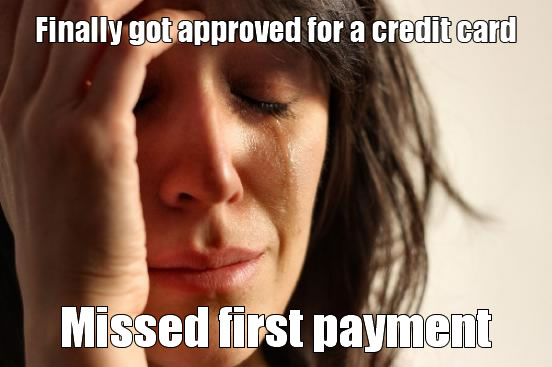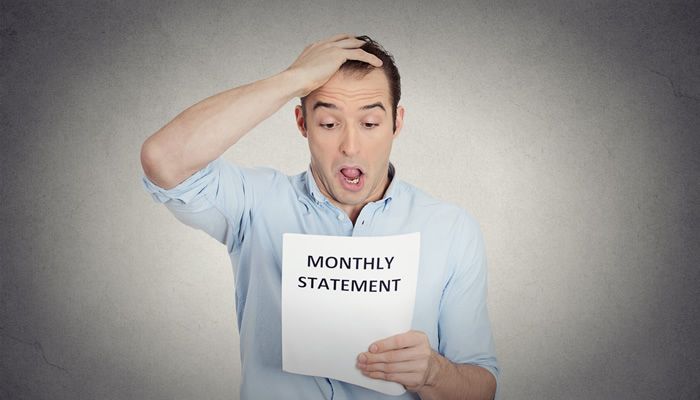
Whether you already have a credit card or are considering applying for one, you might be curious how to use it to your advantage. After all, plenty of people successfully use credit cards on a regular basis, somehow evading the financial pitfalls that so many are warned about. How do they do it? Well, it’s not as complicated as you might think! As long as you avoid making these five mistakes, you should find it easy to use your credit card responsibly.
1. Only Paying the Monthly Minimum
If you constantly only pay the minimum amount due on the card, you are doing yourself a disservice in the long run. As much as it might pain you to make larger payments, just keep in mind that paying more than the minimum will allow you to pay off the card sooner so you will no longer have to worry about this bill. Plus, the sooner you pay off the card, the less you will pay in interest over time.
2. Missing Payment Dates
Of course, it is still better to pay the minimum amount than not pay the bill at all! If all you can afford to pay this month is the minimum, make sure you make that payment on time. Otherwise, you will have to pay late fees, and you even risk having your interest rate increased if you miss more than one payment. If you have the money to make your payments but simply forget to pay on time, you should focus on ways to remember. Here are some ideas:
- Set an alarm on your phone to remind you of the payment due date
- Pay all your bills at once on payday
- Set up an automatic payment through your bank
- Make the payment as soon as you get the bill in the mail
3. Carrying Balances on High-Interest Cards
If you have a mixture of high-interest and low-interest cards, make sure the only balance you carry is on the latter, if you must carry one at all. When you combine a high-interest rate with a high balance, you end up paying more than you should. In particular, try to avoid carrying a balance on any rewards cards you have, since they tend to have a higher interest rate associated with them.
4. Using the Wrong Rewards Card for Your Spending Habits
Rewards cards can be very, well, rewarding, but only when you choose carefully. For example, if you travel a lot, choose a card that offers rewards for airplane tickets, gasoline, hotel rooms, and other expenses you are likely to have. If you rarely travel, consider applying instead for a card that offers rewards on regular purchases, such as groceries. If you pick the wrong card for your spending habits, not only will you miss out on the rewards you could be getting with a better card, but you will also likely pay more in interest and annual fees without reaping the right rewards.
5. Not Taking Advantage of Typical Credit Card Benefits
Knowing the terms of your credit card is important, and that means taking note of more than just the interest rate and the date the payment is due. You should also use the advantages that many people forget about. Often times these benefits are buried in the fine print, so take some time to read what your credit card company sends you. Some examples include the following:
- Purchase protection
- Travel insurance coverage
- Theft protection
As you can see, using credit cards to your advantage is as easy as following these tips. As long as you choose the right rewards card, keep a low balance, and pay as much as you can on time every month, you should find that a credit card can be a valuable financial tool.




